
We’ve all heard the saying that eating cheese before bed gives you nightmares, but is it really true? Well, new research has revealed that consuming cheese can cost Brits up to 18 days of sleep a year and increases dream frequency by 146%, with 57% of those classed as nightmares.
Over four nights, luxury sleep brand The Odd Company asked 30 participants to dine on four of the UK’s most popular cheeses - Brie, cheddar, Stilton, and mozzarella - to determine whether they disrupt sleep, and if so, which variety was the worst offender.
According to the research, just 30g of cheese before bed was enough to disrupt sleep and increase night waking, with mozzarella and Stilton causing the greatest sleep loss.
But it’s not just cheese that can interrupt our sleep and as well as the usual suspects such as alcohol and caffeine keeping us awake, foods including spicy dishes, sweets, tomatoes, citrus fruits and even the amount of water you drink.
We spoke to Dr. Naomi Newman-Beinart (PhD), nutritionist, chartered psychologist and health expert, and Kyle Crowley, nutritionist and Chief Product Officer at Protein Works, to ask about the effect certain foods have on our sleep, what we should avoid and what we need to consume to have a good night’s rest.
According to Dr Newman-Beinhat, it all depends on the amount you eat and what type you consume.
“Cheese isn’t off-limits before bed, but portion size and the type of cheese seems to matter,” she explains. “A small amount of cheese may even promote relaxation due to its tryptophan content, which supports melatonin production, but rich, aged cheeses may be harder to digest and could disrupt sleep in sensitive individuals.
“Aged cheeses like Stilton, cheddar, and parmesan contain high levels of tyramine, a compound that can stimulate the brain and potentially interfere with sleep, particularly if you’re prone to insomnia.”
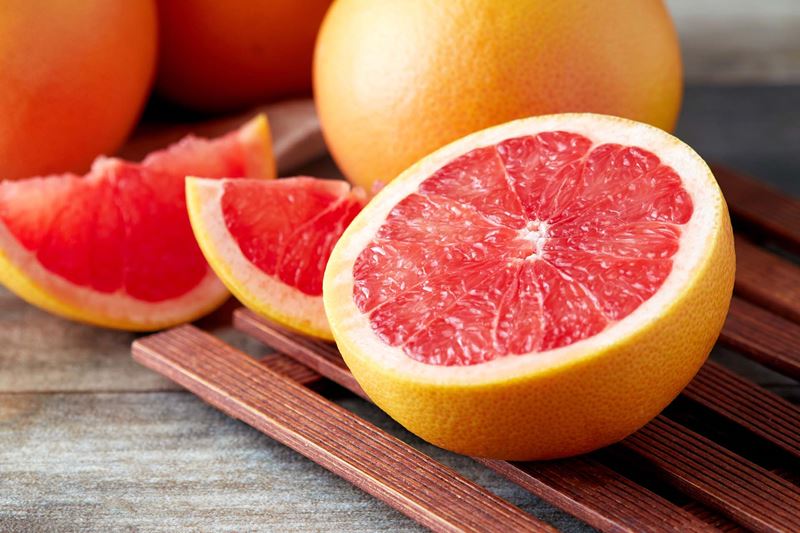
And Crowley agrees that it’s certain cheeses which can negatively impact sleep and cause nightmares.
“There are several reasons as to why cheese may negatively affect sleep,” he explains. “One suggestion is that the tyramine found in certain cheeses can trigger the release of noradrenaline, a stimulating neurotransmitter that may disrupt REM sleep and, thus, lead to vivid or disturbing dreams. Cheeses high in tyramine include aged or hand-made varieties such as blue cheese and parmesan.
“Another theory attributes sleep disruption to digestive discomfort caused by lactose intolerance, where gas or stomach pain may intensify or cause nightmares.”
According to our experts, there are quite a lot of foods that can impact how much rest we get at night, and some may surprise you.
“Spicy food before bed can sometimes lead to heartburn, which is hardly a recipe for a restful night. In addition, chilli peppers may raise your body temperature, which can make it harder for your body to transition into deep sleep,” Crowley says. “It’s also a good idea to avoid acidic foods like citrus fruits, which can increase the risk of heartburn, as well as fatty or greasy meals, since research shows these can reduce overall sleep quality.”
Dr. Newman-Beinhat added, “I suggest avoiding spicy meals, heavy or fatty foods, and anything high in caffeine or sugar before bedtime. These can cause indigestion, raise your core body temperature, or stimulate your nervous system, all of which make it harder to fall and stay asleep. And when it comes to water, hydration is important, but drinking too much water close to bedtime can disrupt sleep with overnight bathroom trips.”
Nightshades, such as tomatoes, potatoes, aubergine and peppers, can also affect individuals according to the Alaska Sleep Clinic as some people may be more sensitive to certain compounds found in nightshades and experience increased anxiety, restlessness, or insomnia.
Foods high in fat and sugar, such as cookies, cake and sweets can interrupt healthy sleep patterns, especially when eaten close to bedtime. The high saturated fat content of these treats can contribute to acid reflux which can keep people awake.
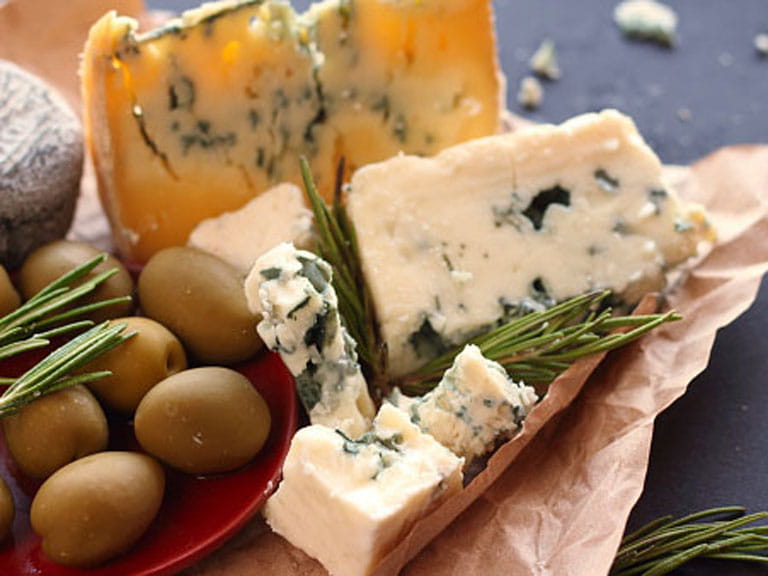
“To support restful sleep, opt for foods rich in magnesium, tryptophan, and complex carbohydrates, such as bananas, oats, or a warm chamomile tea,” Dr Newman-Beinhat “For a targeted supplement, BetterYou’s Magnesium Sleep Powder combines different types of magnesium with passionflower extract to help promote a feeling of calm and a more restorative night’s rest.”
“I’d recommend eating no more than two hours before bed to avoid any digestive issues reducing the chances of physical discomfort that could interfere with your rest.” Crowley adds. “However, some good snacks to opt for are those that contain melatonin, so pistachios and bananas. In terms of drinks, herbal teas are a
good choice as these can have a calming effect - magnolia tea and chamomile tea, in particular.”
Yes, it’s not just what you consume before you go to bed, according to Dr Newman-Beinhart. “Your daily diet plays a big role in your sleep-wake cycle. A balanced intake of protein, healthy fats, and complex carbohydrates throughout the day helps regulate blood sugar and hormones like cortisol, setting you up for better sleep at night.”
Crowley concludes, “Ideally, try to leave a gap of two to four hours between your last meal and going to sleep. This allows your body enough time to digest, reducing the chances of physical discomfort that could interfere with your rest.”

Find out about Saga's gastronomy holidays here...
They say the way to the heart is through the stomach, and Saga’s thoughtfully crafted food and wine holidays are perfect if you like trying new flavours and exploring traditional methods of cooking.

Health insurance for people over 50 that provides a quicker route to diagnosis and planned medical treatment in a private facility.
Underwritten by Bupa Insurance Limited.
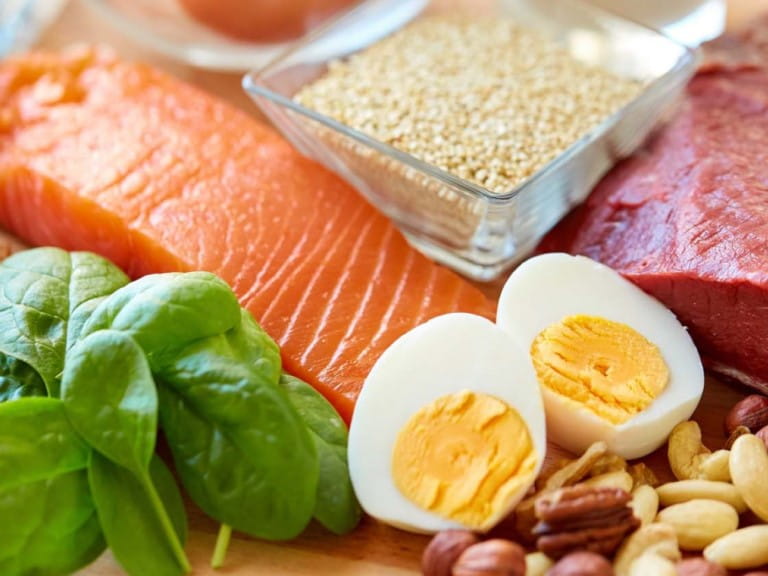
Everything you need to know about protein, from how it benefits your body to the best high-protein foods – and how much you really need.


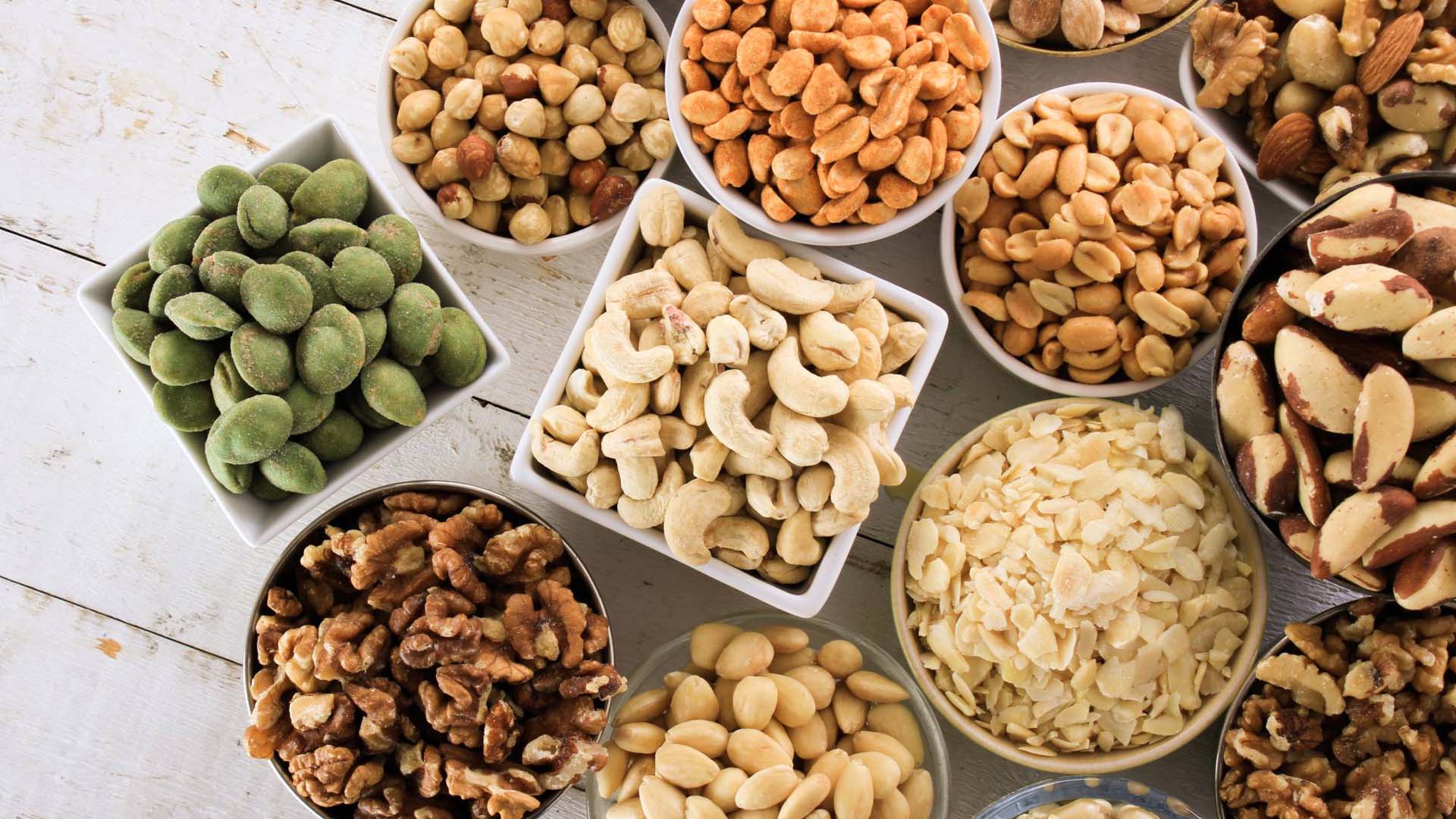
Let’s roast the myths! Not only are nuts less fattening than once feared, research shows they can cut the risk of heart disease too
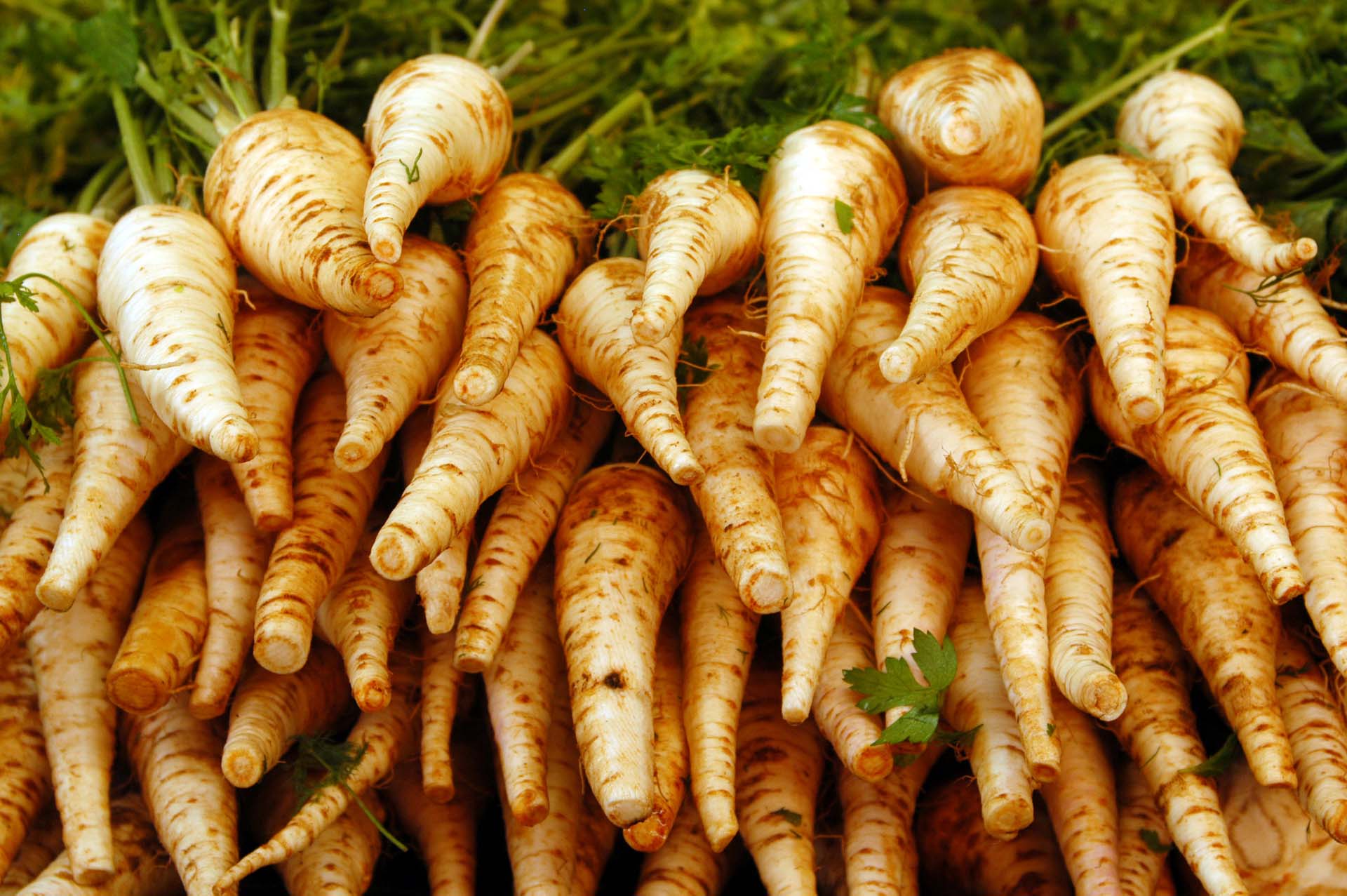
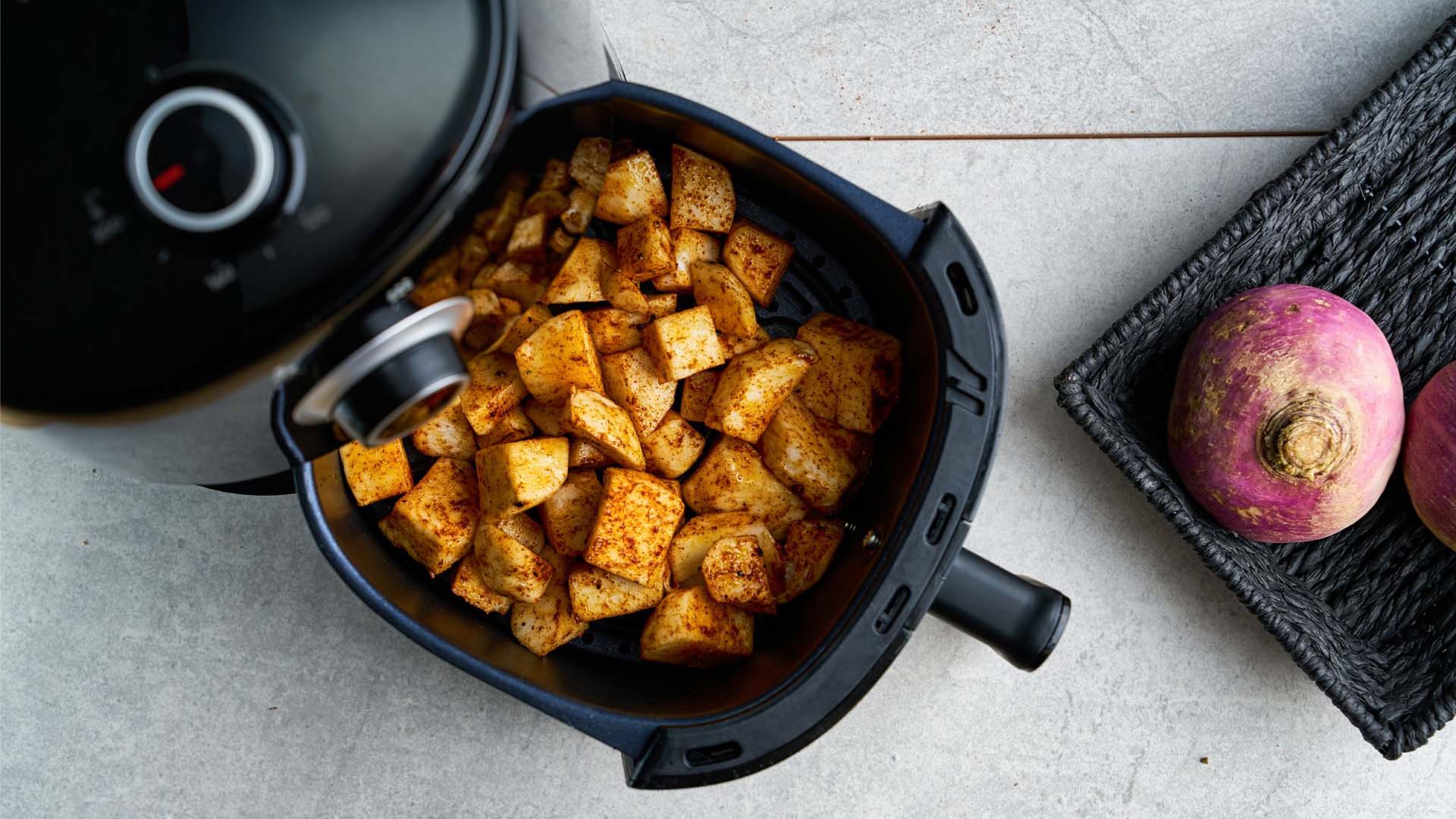
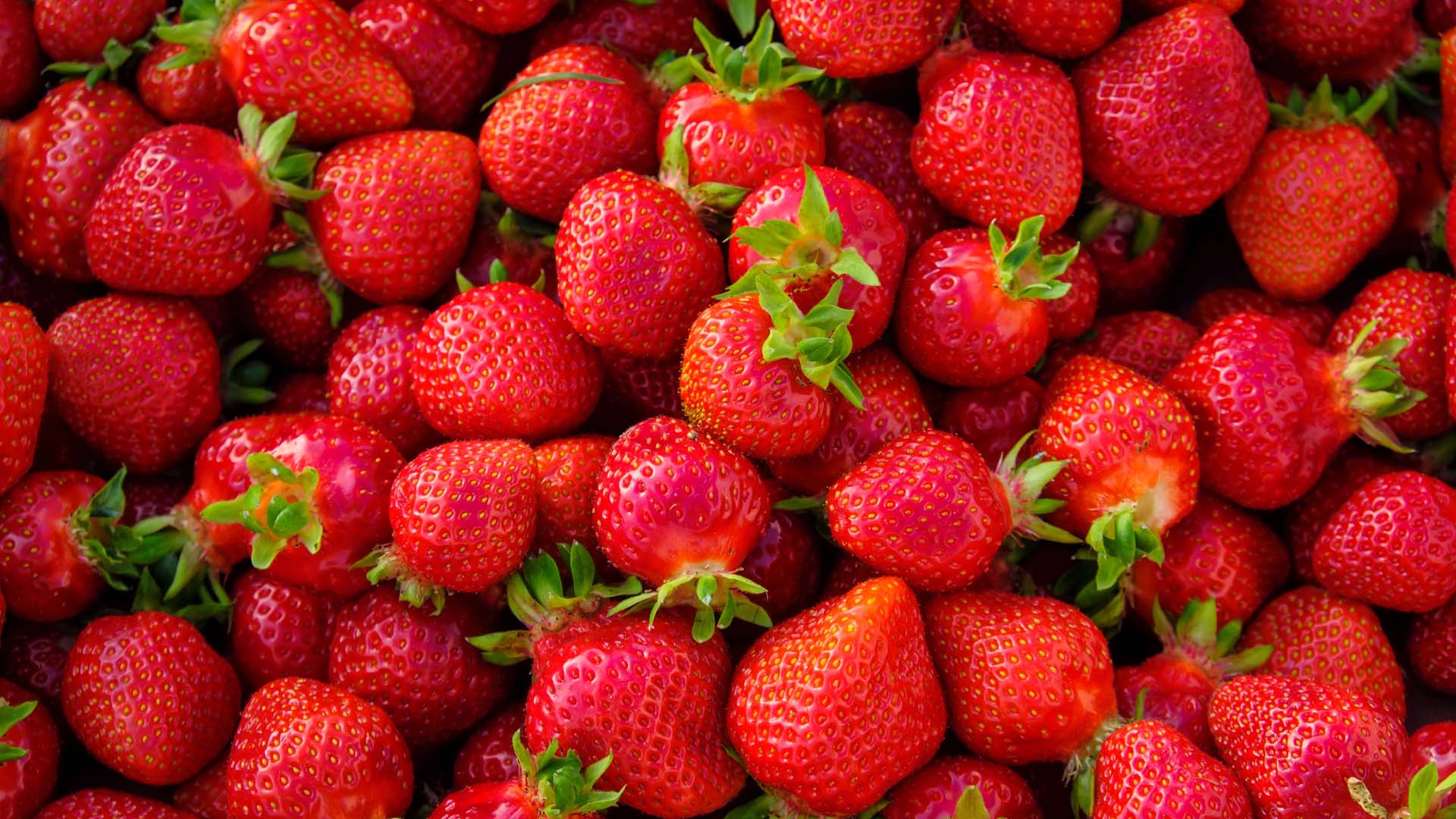
Strawberries don't just taste and look great, they are full of fibre, help your heart health and may even stave off dementia.

Looking after your gut health could be one of the biggest things that you can do for your overall health. Here are the best foods to keep your gut happy.
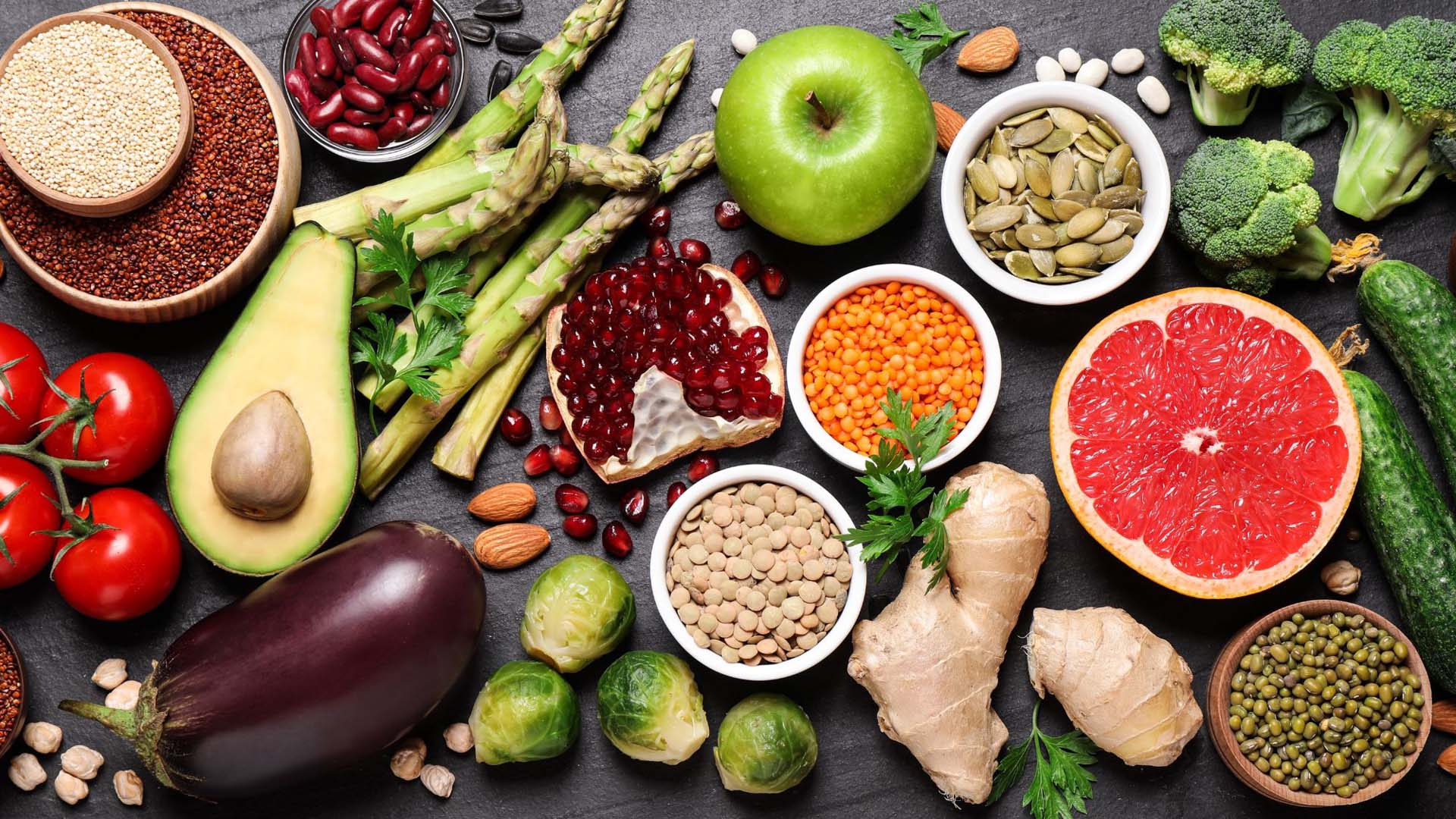
The foods that could help you live longer and protect against chronic illness.